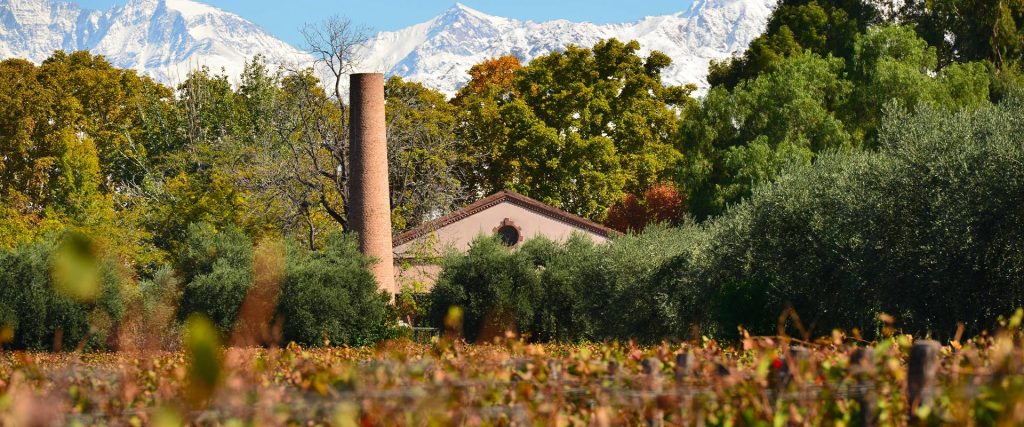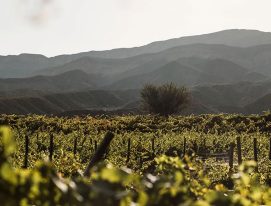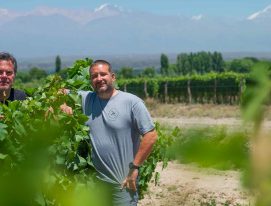Bodega Lagarde was founded in 1897 in Luján de Cuyo, one of the first viticultural enterprises in Mendoza. In 1969 it was purchased by the Pescarmona family and during the 1980s and 1990s the focus turned to quality, establishing a well-defined style and using non-traditional grapes such as Viognier and Moscato Bianco, an audacious choice for Latin America.
Today, the winery is led by the sisters Sofía and Lucila Pescarmona, the third generation of the family, accompanied by the agricultural engineer and oenologist Juan Roby Stordeur, who oversees Production and Oenology.
They produce around a million liters a year, specializing in high end wines that are exported to over thirty countries, with the USA and Brazil at the top of the list, followed by Mexico, Colombia and Peru. The winery is now looking to expand more into Europe and Asia.
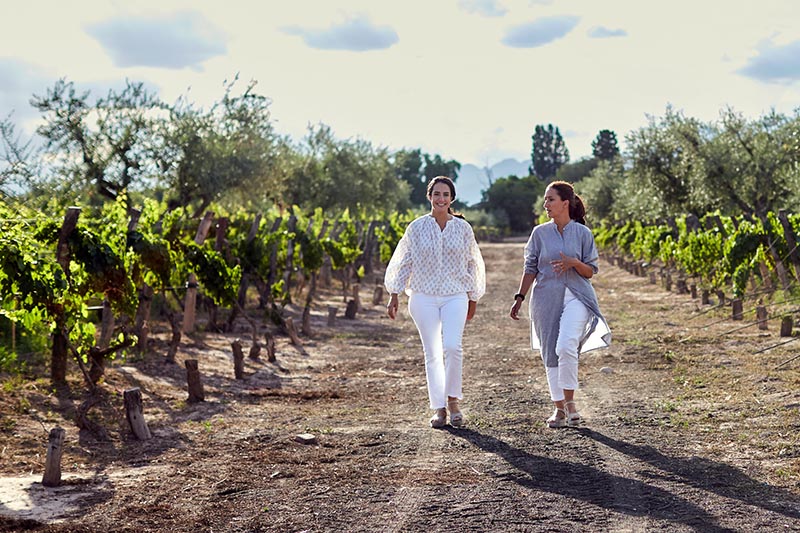
Sustainability at Bodega Lagarde: the importance of being a B Corporation
In 2019, Bodega Lagarde became one of the few wineries in Latin America to join the global community of B Corporations. The certification means that they “measure their social and environmental impact and commit personally, professionally, institutionally and legally to decisions that take into account the long-term consequences to the community and the environment.”
The triple impact of B Certification focuses on social, environmental and economic development. Some examples of the sustainability policies of Bodega Lagarde include conservation of water resources, use of ecological bottles and waste management, which involves composting and recycling organic waste to nourish the plants in the winery and restaurant’s garden.
Francisco Matarazzo, Export Manager at Lagarde, says that the quest to achieve the highest standards in sustainability at Bodega Lagarde and obtaining certifications in these areas have a positive impact when it comes to opening up new markets and opportunities. This is true for Scandinavian countries, Canada and several airlines, many of whom now require B Corporation certification.
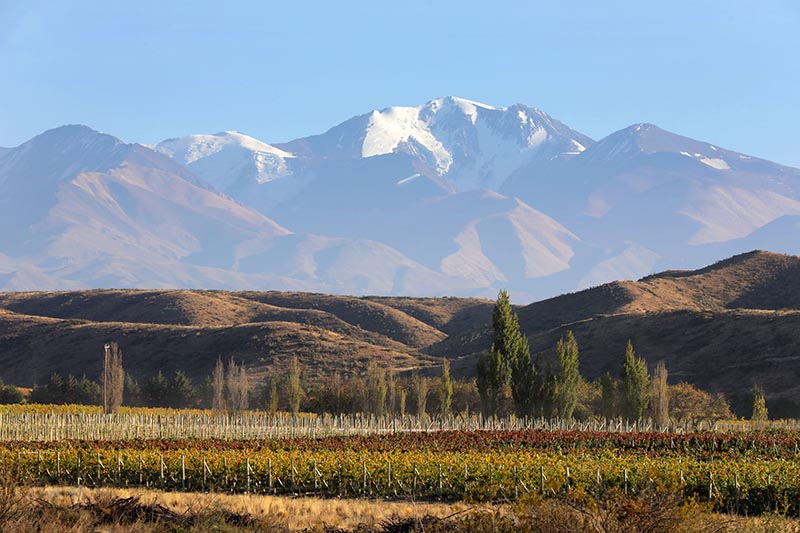
Matarazzo says that this working philosophy is also down to the commitment of Sofía and Lucila Pescarmona, especially the company’s CEO: “Sofía is involved in the day to day business, her offices are at Lagarde. She has an enormous commitment to the environment, her employees and the community. We’ve been working on certifying our old vineyard as organic for several years: the goal is to certify all the crops, a process that takes time.”
The values of sustainability at Bodega Lagarde are shared by all the different business units, including their two restaurants, which work according to a “Farm to table” philosophy, using ingredients from their own garden and preparing seasonal menus.
Fogón, the first restaurant, was named by Tripadvisor as N°1 for Fine Dining in Mendoza and is among Latin America’s best restaurants. Zonda, meanwhile, recently opened but has ambitious plans with a philosophy that encompasses social and educational goals within the local community.
Today, the winery sells a pair of organic wines from its historic vineyard in Mayor Drummond, Luján de Cuyo: Lagarde Organic Malbec and Lagarde Organic Rosé, an innovative blend of Semillón and 10% Malbec.
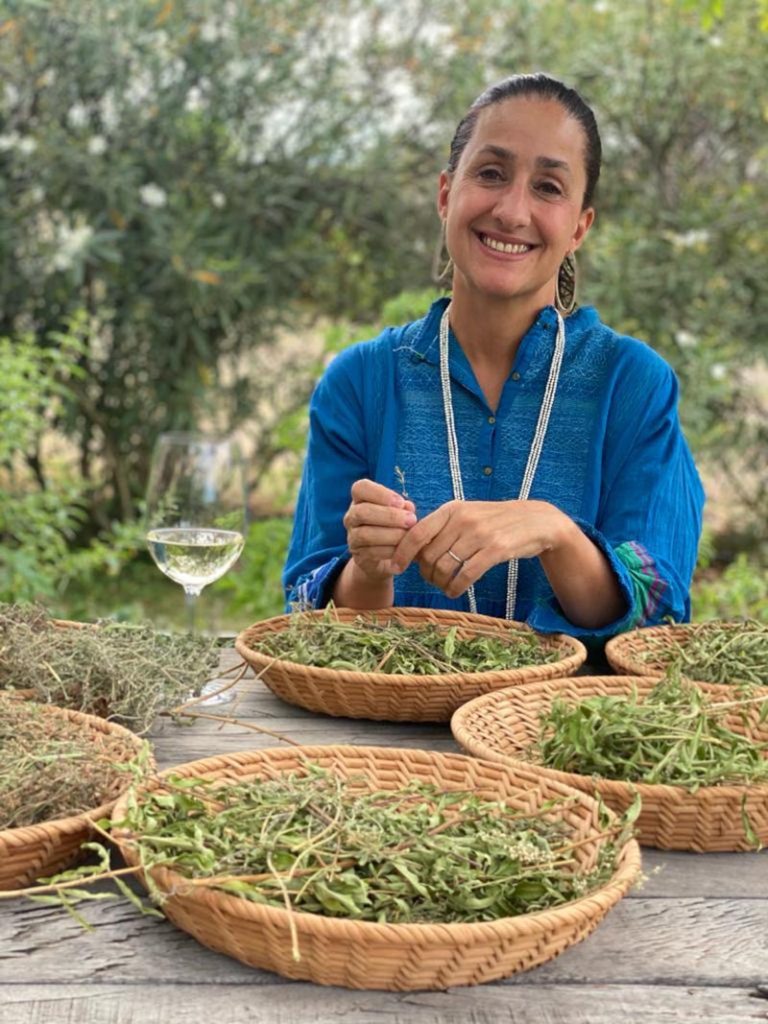
Centennial vineyards: the importance of maintaining and restoring them
Matarazzo places special emphasis on the key significance of vineyards that date back to the early 20th century: they are the heart of Bodega Lagarde, with high density rows that originally came from France.
“That means heritage and legacy. There aren’t many wineries that own these kinds of vineyard and manage to maintain them. The one in Mayor Drummond dates back to 1906 while the vineyard in Perdriel – known as La Jacintana – was planted in 1930. Both are mostly Malbec, although the former has a few parcels of Semillón.”
He goes on to explain that these plantations have been regenerated through the Mugron system and they are conserving water as much as possible: “It’s 100% drip irrigation, we are very aware of the need to preserve resources, it’s fundamental to Bodega Lagarde’s sustainability policy.”
The winery also has vineyards in Gualtallary (Tupungato) and Vista Flores (Tunuyán) that add diversity and richness to a portfolio that combines the latest trends with ancestral wisdom.
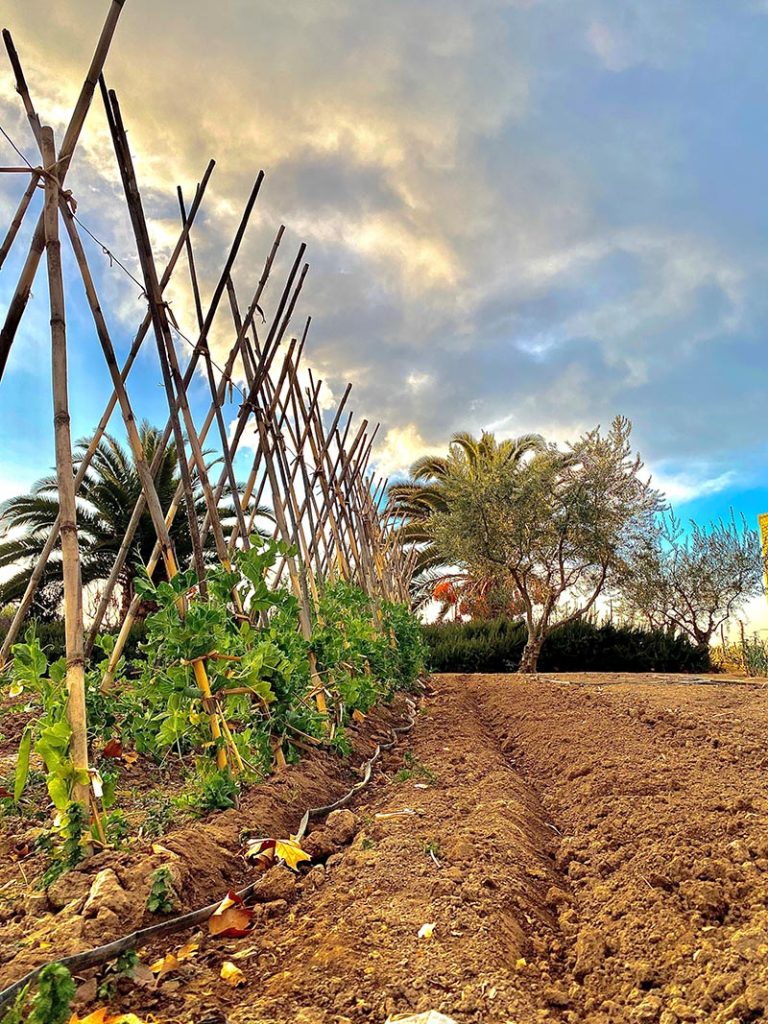
The importance of origin: the Luján de Cuyo DOC
Lagarde was one of the first wineries to bear the label Denomination of Controlled Origin. The Luján de Cuyo DOC was a pioneer in the Americas. The prestigious label seeks to preserve the heritage of the region and promote the rich qualities of the country’s flagship grape across the world.
The DOC protects producers as it enhances the prestige of the area where their vineyards are located, the national heritage by preserving and recognizing the value of old vines, and the consumer, who is guaranteed quality and identity in their purchase.

